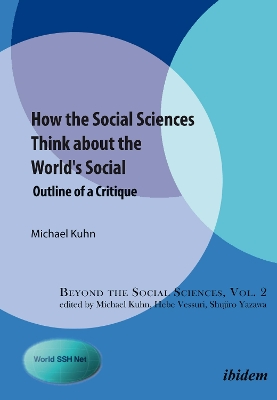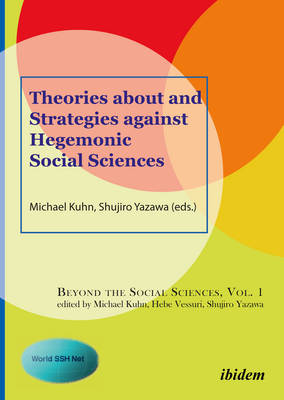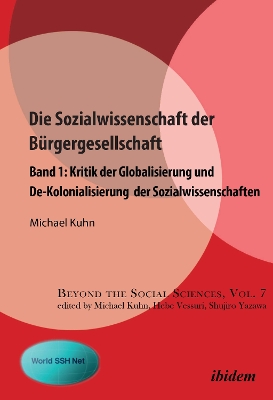Beyond the Social Sciences
3 total works
At the beginning of the new millennium, the social sciences discover an epochal turn making it necessary to revolutionise their theory-building: As a response to what they call the globalisation of the social, they find the need to globalise their theorising as well. It is odd to discover after two centuries of colonialism and imperialism, after two world wars and several economic world crises that there is a world beyond the national socials; it is even more strange that the social sciences globalise their theorising by comparing theories about nationally confined socials and by creating all sorts of, preferably, local theories, just as if any national social was a secluded social biotope. Discussing how to globalise the social sciences, they argue that globalising social science theorising means finding a way of theorising that must, above all, be liberated from scientism in order to allow a provincialisation of thinking. Not surprisingly, the globalising social sciences also rediscover mythological and moral thinking as a means for a true scientific universalism. Michael Kuhns book presents many thought-provoking arguments on the oddities of the globalising social sciences and on how these oddities are not accidents, but a consequence of the nature of how the social sciences theorise about the social.
Theories About and Strategies Against Hegemonic Social Sciences
by Michael Kuhn, Shujiro Yazawa, and Tomiyuki Uesugi
Published 7 December 2021
This innovative book provides new perspectives on the globalization of knowledge and the notion of hegemonic sciences. Tying together contributions of authors from all across the world, it challenges existing theories of hegemonic sciences and sheds new light on how they have been and are being constructed. Examining more closely the notions of 'human rights' and 'individualization', this much-needed volume offers new and alternative ideas on how to transform the universalization of the Western model of science and can serve as an eye-opener for all those interested in non-hegemonic scientific discourse.


